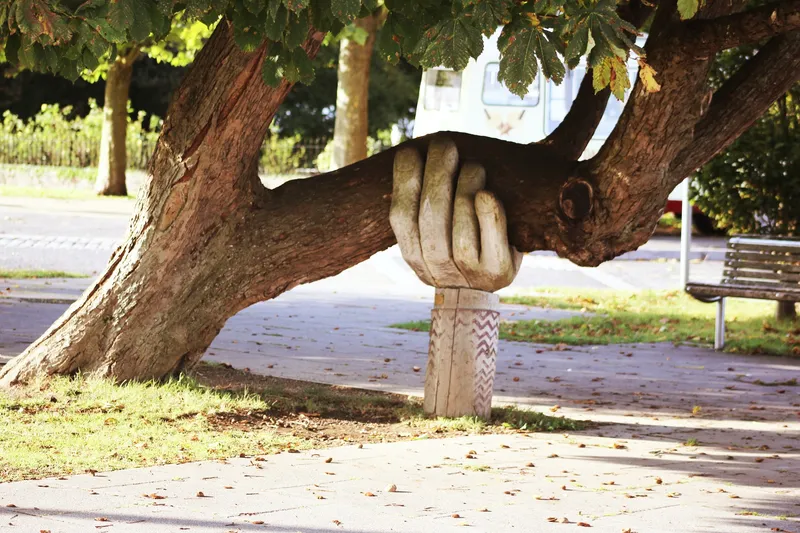Lies, Damn Lies, and Oh God Why All The Lies: Part Two
Is it better to think things that are helpful than things that are true?
30 Apr 2015

Last time, I argued that truth is crucial, and that anything less than the truth is lies, and that not being in tune with reality is disastrous for us and our happiness.
Today I’m going to argue the opposite…
It’s not that what I said last time was wrong, exactly. It’s true that truth is good!
But it’s not quite enough. Is truth the only criteria we should judge things by?
Truth versus Everything
Plenty of philosophers have argued for centuries on the subject of ‘Truth versus Beauty’. It’s an intellectual bloodbath, and I’m staying as far away from it as I can.
Instead, I’d like to talk about Truth versus Helpfulness.
Most of the time, we live in a world of imperfect information. We can’t be sure of what is true, and what isn’t.
Maybe if I eat this salad I will choke horribly and get taken to hospital, and while I’m in there I’ll unknowingly miss the chance to meet my soulmate and be offered the job of a lifetime. This salad could entirely change my life for the worse!
… or maybe it won’t. The only way to know for sure is to eat the salad.
Inner critic: Is that REALLY the best example you could come up with? A salad that ruins your life?!
It is intentionally unrealistic, inner critic. We can’t ever know anything for sure, even whether any given salad is destined to destroy our chances of happiness. This is simply the universe that we live in.
If we’re dead set on using truth as our only benchmark, then this inescapable lack of certainty can cause us great difficulties.
While it’s unlikely my salad dilemma would lead me to develop a phobia of salad, there are more realistic examples:
A pain in my leg could be a blood clot that’s destined to kill me. Or if I go to this job interview, I might be rejected. Or if someone out there is plotting against me, I might get framed for murder.
Truth could dissolve each of these anxieties. In a world of perfect information, I wouldn’t need to be anxious about pain. I’d simply know that it isn’t a blood clot. (Or if it was, I’d go straight to a doctor. No need for extra worry about it.)
But, in the real world, it’s often impossible to know for sure whether or not our worries are true.
So, we need another criteria: helpfulness. Is this worry - this fear of blood clots, or interviews, or somebody scheming against me - helpful?
Our worries and thoughts are helpful if (and only if) they inspire us to take positive action.
Worrying that I might be dying of an undetected brain tumour isn’t helpful. It doesn’t inspire me to take action.
(Of course, if I have the requisite symptoms, I should go get checked out by a doctor! But I shouldn’t sit around simply worrying about it.)
These unhelpful reactions to uncertainty can be very painful. But unless we learn to notice them, we can’t do much about it.
I’ll be posting more about ways to reduce the power of these unhelpful thoughts soon, but for now, try to notice when your worries are “helpful” or “not helpful”. Don’t stress about doing anything about it. Just recognise “this is helpful/unhelpful”.
For me, even simply recognising that “this worry isn’t helping me right now” can be enough to loosen its grip on me. If not, there are more techniques coming up soon…
In Short
When truth alone isn’t enough, helpfulness comes in very, er… helpful.

Neil Hughes is the author of Walking on Custard & the Meaning of Life, a comical and useful guide to life with anxiety, and The Shop Before Life, a tale about a magical shop which sells human personality traits.
Along with writing more books, he spends his time on standup comedy, speaking about mental health, computer programming, public speaking and everything from music to video games to languages. He struggles to answer the question "so, what do you do?" and is worried that the honest answer is probably "procrastinate."
He would like it if you said hello.